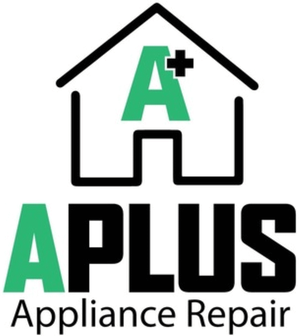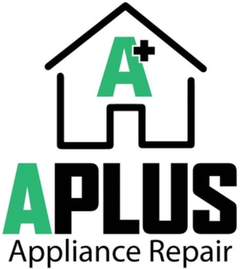How to Protect Your AC System from Power Surges & Flooding in Florida
09/25/2025
_500x667.jpg)
If you live in Florida, you know how essential your air conditioning system is for comfort year-round. But with frequent thunderstorms, heavy rains, and flooding risks, your AC system is constantly exposed to threats that can lead to costly damage. Protecting your AC from power surges and flooding not only helps extend its life but also saves you money on expensive repairs or replacements.
At A Plus Air Conditioning and Appliances Inc, we want homeowners to feel confident that their cooling system is safe no matter the weather. Here’s how you can protect your investment with both practical steps and professional upgrades.
Why Power Surges and Flooding Are a Big Risk in Florida
-
Lightning and storms cause sudden power surges that can damage electrical components in your air conditioner.
-
Heavy rainfall and localized flooding can expose outdoor units to standing water, damaging wiring and sensitive parts.
-
Repeated small surges over time wear down your system’s electronics, even without a major storm.
Your AC is one of the most expensive systems in your home, and without protection, one surge or flood could leave you facing a major repair bill.
Protecting Your AC from Power Surges
1. Turn Off the AC During Severe Storms
When a major storm is on the way, switch off your air conditioner at the thermostat and breaker. This helps protect the system if lightning strikes nearby.
2. Install an AC-Specific Surge Protector
A surge protector installed directly on your AC unit is one of the best defenses against electrical spikes. It acts as a shield, stopping excess voltage before it damages sensitive parts like the control board or capacitor.
3. Consider Whole-Home Surge Protection
Pairing a whole-home surge protector with a unit-specific one offers the best protection. The whole-home device blocks big surges before they reach your electrical system, while the AC surge protector adds an extra layer of defense.
4. Keep Wiring and Grounding in Good Shape
Surge protectors are only effective if your system is properly grounded. Regular inspections during HVAC maintenance help ensure your wiring and connections are safe.
Protecting Your AC from Flooding
1. Elevate the Outdoor Unit
Outdoor condensers should be raised above ground level, especially in flood-prone areas. An elevation kit can lift your system 18 inches or more, keeping it safe from standing water.
2. Improve Drainage Around the Unit
Make sure the area around your air conditioner slopes away to prevent pooling water. Clear gutters and downspouts so rainwater doesn’t collect near the unit.
3. Add Protective Covers or Shelters
An awning or cover can help divert rain and debris away from your AC while still allowing airflow. Anchoring the unit also prevents storm damage.
4. Shut Off Power If Flooding Is Expected
If rising water is forecast, turn off the power to your outdoor unit at the breaker. This can prevent shorts or electrical damage.
Smart Investments: Surge Protectors & Elevation Kits
Taking steps like turning off your system or improving drainage helps, but professional solutions offer long-term protection:
-
AC Surge Protectors: Prevent costly damage to sensitive parts of your system.
-
Whole-Home Surge Protectors: Safeguard your entire electrical system, not just your AC.
-
Elevation Kits: Keep your outdoor unit safely above flood levels.
These upgrades are affordable compared to the cost of replacing a compressor, circuit board, or even the entire AC system.
Final Thoughts
In Florida, storms and heavy rains are a part of life. Protecting your AC system from power surges and flooding is one of the smartest things you can do as a homeowner. A small investment in surge protection or elevation now can prevent thousands of dollars in future repairs.
At A Plus Air Conditioning and Appliances Inc, we offer professional surge protector installations, elevation kits, and preventive maintenance services designed to keep your AC system safe and running strong. Contact us today to schedule a system evaluation and learn how we can help protect your home’s comfort.


